How can companies effectively prepare for unforeseen changes in the macro environment?
Companies can prepare for unforeseen changes by implementing robust risk management strategies, which involve identifying potential risks, assessing their likelihood and impact, and developing mitigation plans. Regular scenario planning helps businesses anticipate various possible future scenarios and prepare flexible strategies to adapt. Maintaining operational flexibility and having contingency plans in place allows companies to respond quickly and effectively to unexpected changes in the macro environment
Question related to this presentation:
Macro Environment Analysis Presentation
Workforce Planning is essential for aligning human resources with market demands, helping businesses adapt quickly. Without it, both companies and employees suffer. The challenges of managing talent have increased due to factors like talent shortages, changing demographics, and economic shifts. Companies are now under immense pressure to optimize their workforce to survive and thrive. Workforce Planning enables businesses to make informed decisions about hiring, training, and resource allocation. By aligning their talent strategy with evolving market needs, organizations can scale up efficiently, downsize responsibly, and upskill their teams to stay competitive in a rapidly changing environment.
Download this presentation:
Download Powerpoint PPT
Download Google Slides
Download Apple Keynote
Presentation Preview
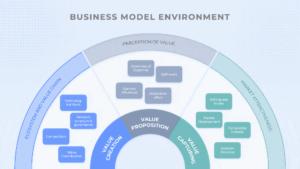
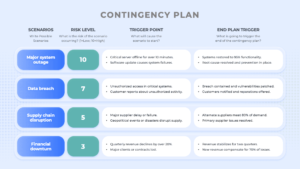
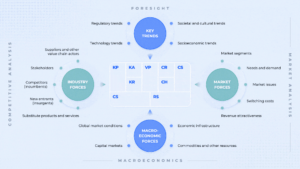
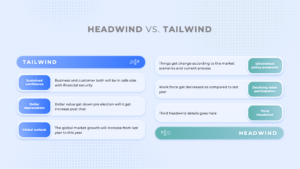

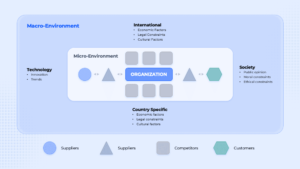
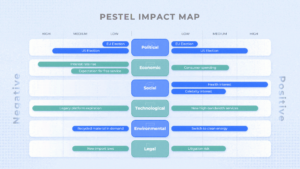

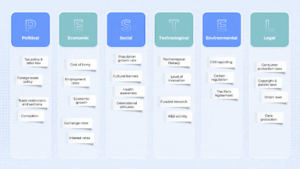
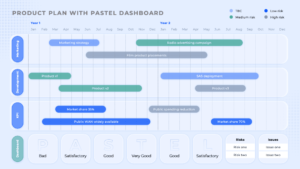
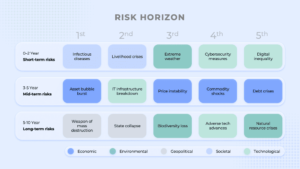
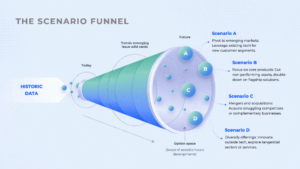
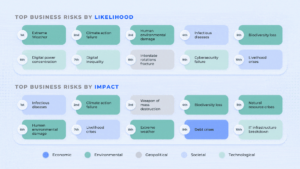
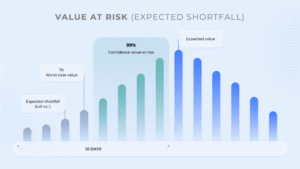
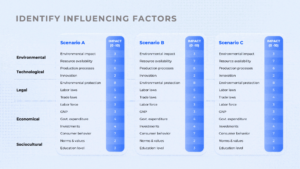
Download Macro Environment Analysis Presentation:
Download Powerpoint PPT
Download Google Slides
Download Apple Keynote
Related:
Stakeholder Analysis Presentation
Sales Strategies Toolkit
Process Optimization Presentation
Team Scheduling Presentation
Common pitfalls in macro environment analysis include failing to consider all relevant factors, which can lead to incomplete insights. Not updating the analysis regularly can result in outdated information that does not reflect current conditions. Additionally, not integrating the findings into strategic planning can render the analysis ineffective. Businesses should ensure a comprehensive, up-to-date, and actionable analysis to effectively address external challenges and capitalize on opportunities.